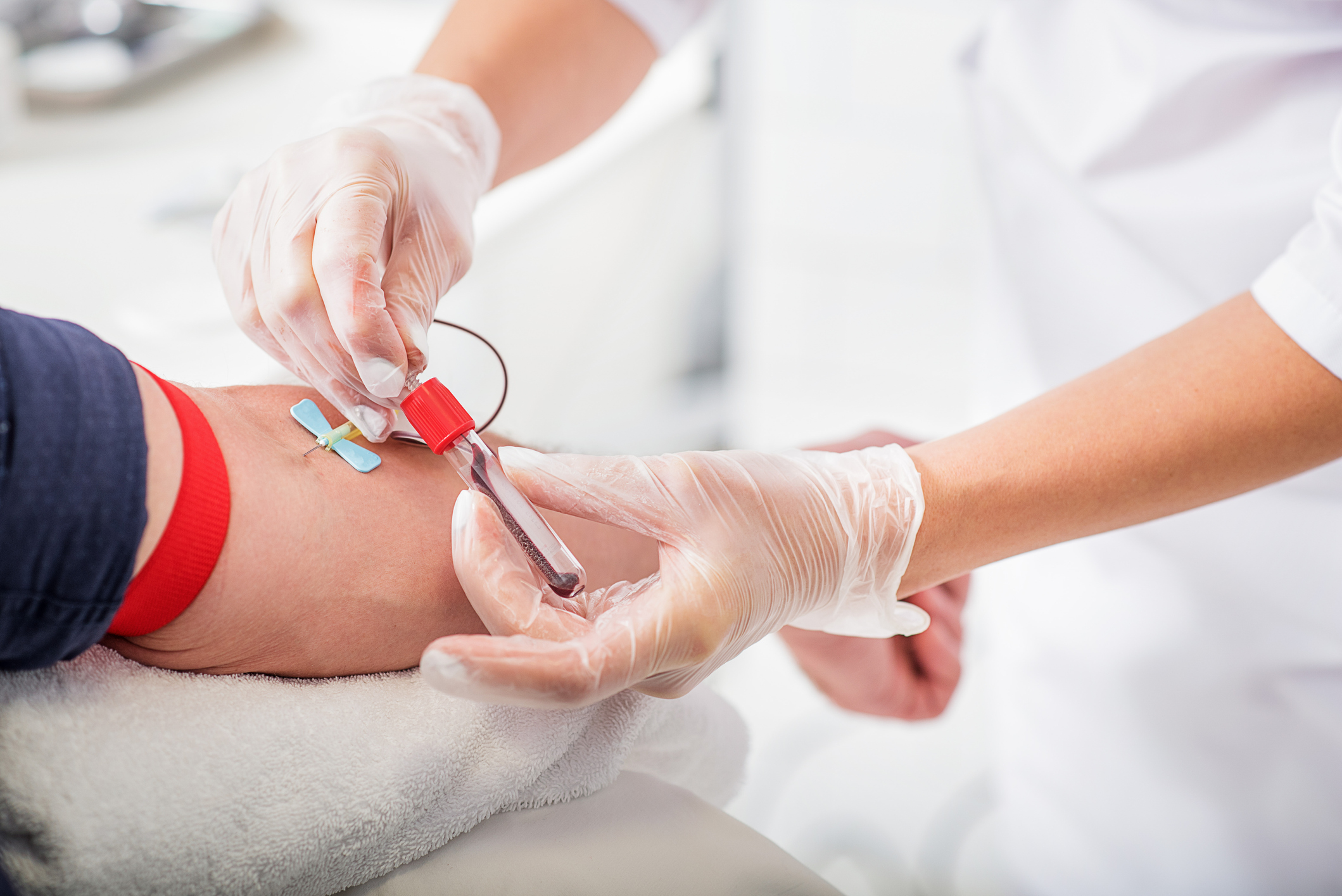
10 Jan PhD Fellow finds similar risk of SARS-CoV-2 infection between people living with and without HIV
Just last month, PhD Fellow for the AGEhIV Cohort Study, Myrthe Verburgh, had a paper accepted into the Journal of Infectious Diseases on SARS-CoV-2 incidence in the AGEhIV Cohort. The study concluded that there was a similar risk of SARS-CoV-2 infection among both HIV-positive and HIV-negative participants.
Not long after the start of the SARS-CoV-2 pandemic, older age, male sex, comorbidities such as obesity, hypertension and diabetes, as well as conditions that suppress the immune system were identified as risk factors for (more severe) COVID-19. People living with HIV, in spite of treatment for their HIV, may not only have residual immune dysfunction, but are also at increased risk of several such comorbidities. The ongoing AGEhIV Cohort Study of older individuals with or without HIV thus provided a unique opportunity to address the extent to which having HIV might independently increase the risk of SARS-CoV-2 and COVID-19.
Beginning in September 2020, Myrthe and co-investigators began a study to prospectively compare the incidence of and risk factors for SARS-CoV-2 infection between HIV-positive and -negative AGEhIV Cohort Study participants. Participants were invited to participate in this COVID-19 substudy. By drawing blood every six months to perform SARS-CoV-2 antibody tests, researchers checked if participants had been infected with SARS-CoV-2 in the previous months. The conclusion after two study visits (until April 2021) was that there was no difference in the proportion of HIV-positive and HIV-negative participants that acquired a SARS-CoV-2 infection. Moreover, the majority of these infected participants only had mild COVID-19 symptoms.
The study investigators found that living with HIV was not associated with a higher risk of SARS-CoV-2 infection. They highlight that these results were found in HIV-positive participants in an urban setting with good access to healthcare who had well-controlled HIV infection on HIV medication with high CD4 immune cells. Consequently, these results may not apply to people living with HIV elsewhere in the world or with uncontrolled HIV infection, either because they do not have access to HIV treatment or HIV is not adequately controlled in spite of treatment.
This COVID-19 substudy of the AGEhIV cohort study will continue for at least one more year (until October 2022). This will include blood draws after vaccination against COVID-19 to investigate the response of the immune system after vaccination.
Myrthe began her PhD in February 2020, right before the pandemic took over our lives. At that moment, she switched her focus to the interaction between HIV and SARS-CoV-2. Although this was her first published paper during her PhD, she already has plans for her next paper, which she will write this year. Myrthe will continue to study HIV and SARS-CoV-2, paying special attention to vaccination response and adherence to social distancing.
If you would like to read the full publication, it can be found here.
